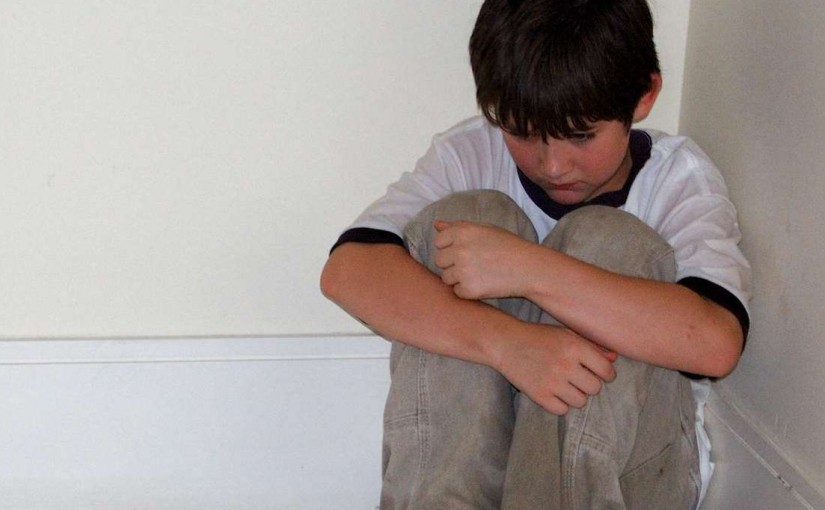The majority of foster youth have experienced trauma. Many of their most challenging behaviors are a result of these traumatic experiences. Abuse is traumatic, and also takes many other forms including: neglect, separation, witnessing violence, living in a violent environment, exposure to parental drug and alcohol addiction, and more.
There are many things that can trigger a trauma response including
- Sights
- Smells
- Sounds
- Places
- Postures
- Tones of Voice
A child who has been exposed to trauma may perceive something consciously or unconsciously as a threat and act to protect themselves. Even what most people would perceive as “normal events” may cause dramatic and often unexpected behaviors like physical aggression or withdrawal. Recognizing this will help you to avoid blaming yourself or the youth in your care for problems the two of you are experiencing.
This is why it is crucial for the child in your care to be receiving appropriate mental health services that will address their trauma.
Be patient, and advocate for mental health services as soon as possible.

